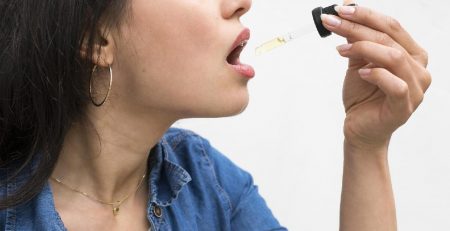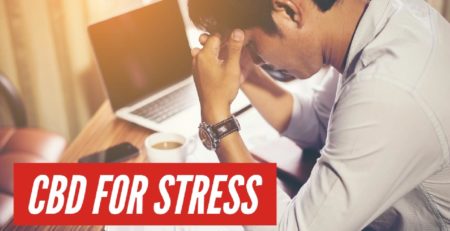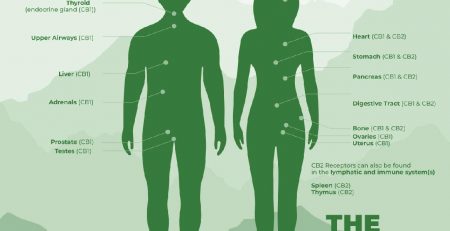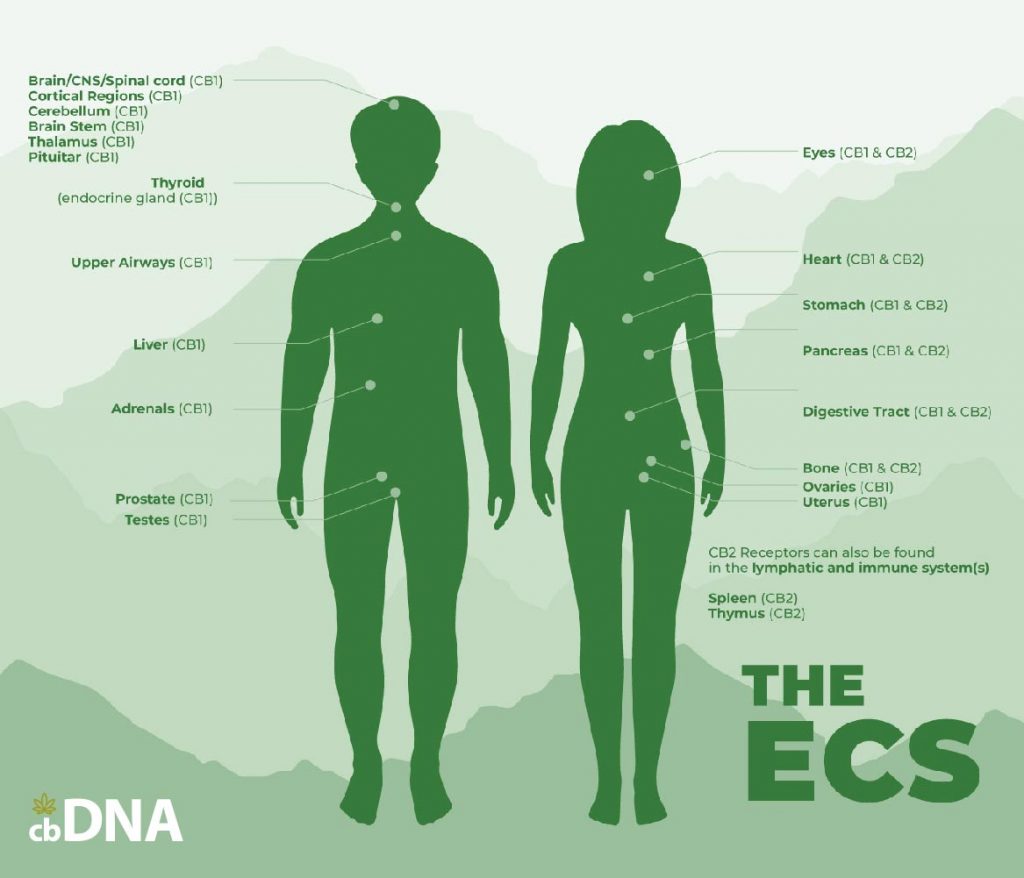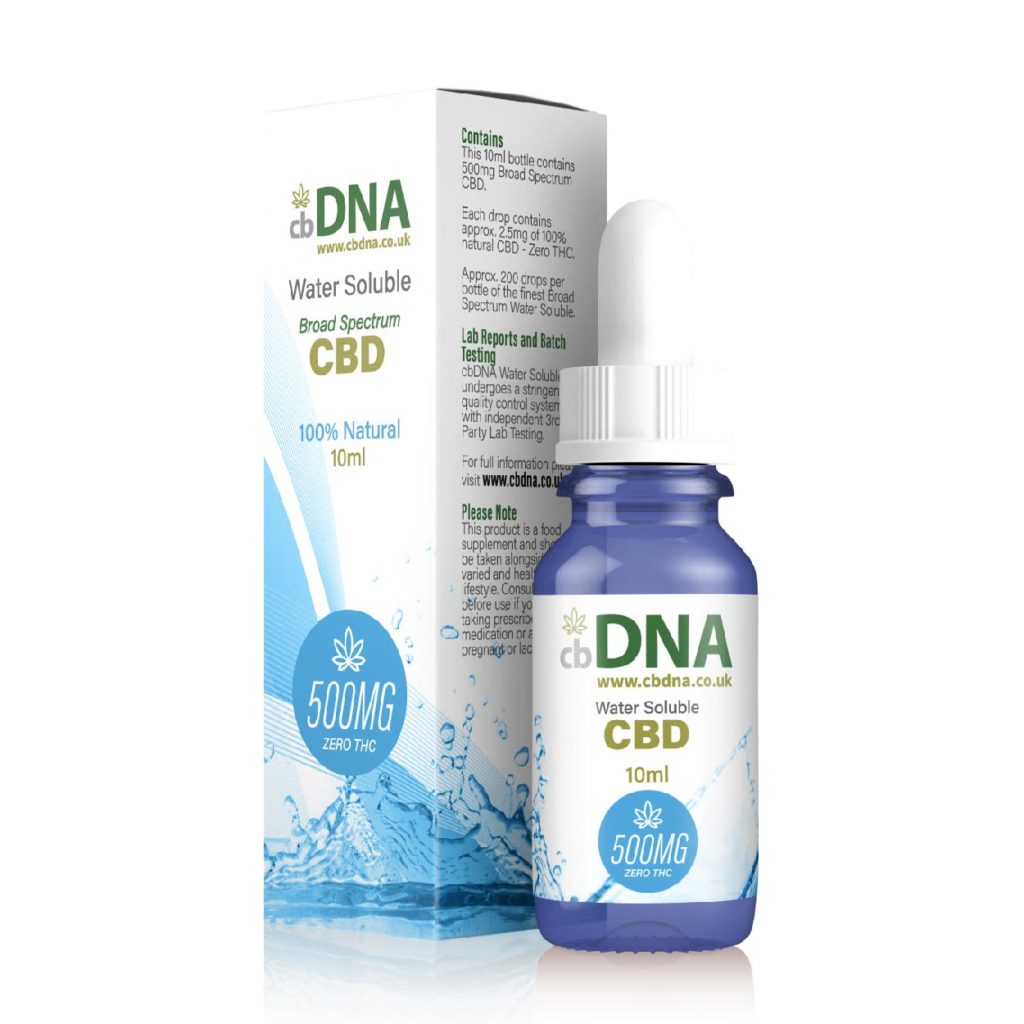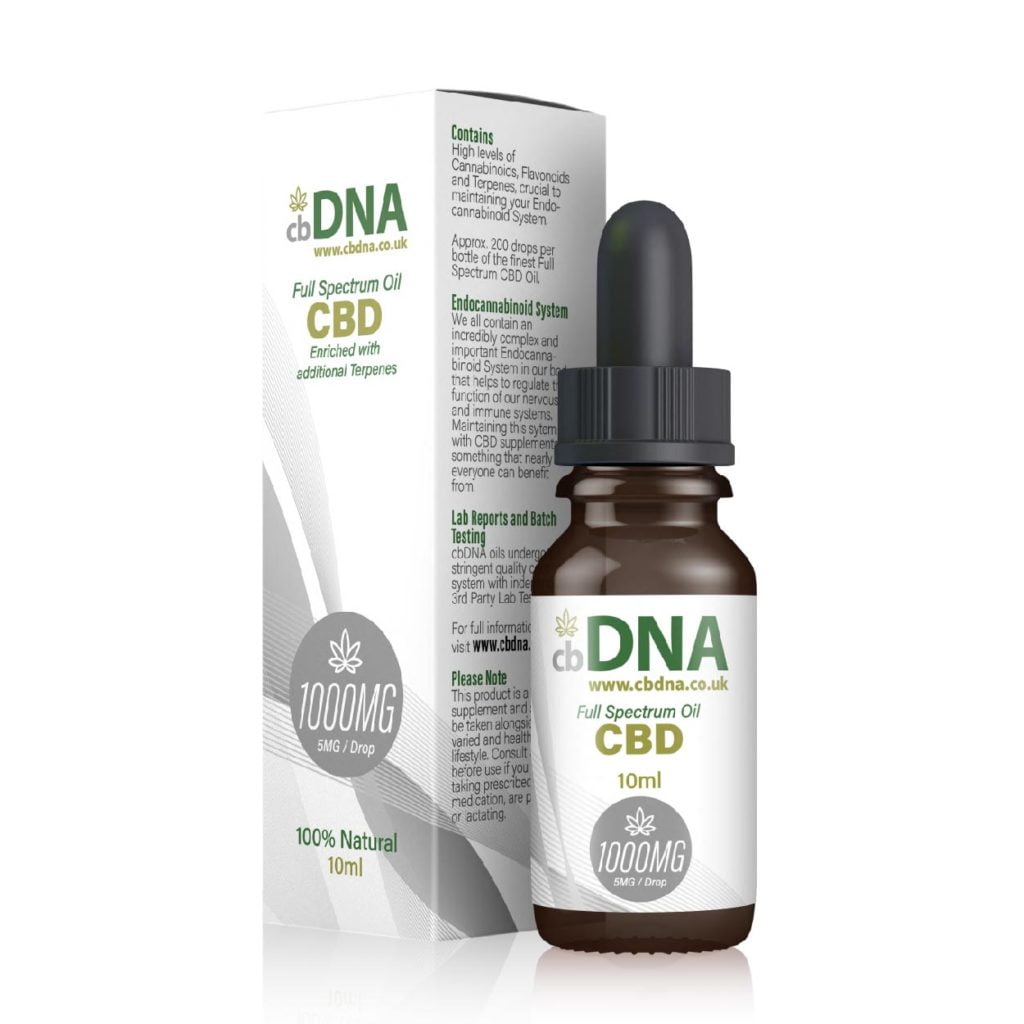
Can CBD Help With Depression?
Can CBD Help With Depression? In recent years, cannabidiol (CBD) oil has become more and more popular as a natural remedy for many ailments, both physical and mental. While some take it to alleviate their everyday worries and problems. Others use it to treat more serious conditions like generalized anxiety disorder. A compound found in the marijuana plant, cannabidiol has increased in availability in recent times.
A wide range of companies have begun selling supplements, salves, and other CBD products. CBD is just one of hundreds of different compounds found in the cannabis plant. While cannabis has been used in holistic medicine for many years, only recently have researchers begun to explore some of the medicinal purposes for it and other cannabinoids.
Many people have been looking for a safer, more natural way to treat things such as anxiety and depression, and CBD shows promising results to be that solution. More and more of us are using it for anxiety and related conditions and disorders. Depression and anxiety disorders are common mental health conditions that can have lasting effects on a person’s health, social life, ability to work, and overall well-being.
A doctor may prescribe pharmaceutical drugs to help a person treat or manage depression. Many of these drugs have difficult side effects, such as mood swings, sleeplessness, and sexual dysfunction. CBD has shown promise in initial studies as a treatment for both depression and anxiety, and it has the advantage of having very few side effects. To address the question of “Can CBD help with depression?” we must first brush up on CBD itself.
CBD Recap
CBD is one of more than 100 compounds called cannabinoids. These occur naturally in the cannabis plant family.
While CBD is similar to tetrahydrocannabinol (THC), the compound responsible for the high in cannabis, the two compounds act differently in the body. CBD does not have this effect on the body as it is non-psychoactive.
Can CBD Help With Depression? How CBD Interacts With The Body
Understanding how CBD affects the body starts with the endocannabinoid system or ECS. Basically, the biggest system in the body that you’ve never heard of. It controls just about every internal function we have. Movement, pain sensation, immune responses, temperature & mental functioning like perception, mood, and memory to name some.
Researchers believe CBD works to alleviate symptoms of anxiety. And depression by binding to one of the main receptors within the ECS, the CB1 receptor.
Found mostly in the brain, the CB1 receptor is thought to tame central nervous system inflammation. It helps modulate the effects of serotonin, a neurotransmitter that oversees mood.
In fact, the way many antidepressants work is by increasing serotonin in the brain. Additionally, anxiety and stress inhibit GABA, a naturally occurring brain chemical that directs neurons to slow down or stop firing. This neurotransmitter essentially tells the body to chill out by helping to induce sleep, relax muscles, and create a sense of calm. Some scientists believe CBD can help modulate GABA so the body returns to its regularly scheduled programming.
CBD is thought to positively influence the processes that regulate our mood, sleep, and pain perception, among others. These processes need to function properly, so we feel better, sleep more soundly, and experience less pain.
Anxiety and depression are conditions related to poor sleep, pain, and poor mood regulation because the endocannabinoid system isn’t working to the best of its ability.
Experts believe careful CBD dosing may help temper anxiety-induced racing thoughts. That can cause disrupted sleep as well as panicked awakenings during the night.
Conclusion
If you want to try CBD for depression it’s a good idea to speak to your doctor or a pharmacist first, if you have any concerns or you’re on prescription medication or pregnant. Can CBD Help With Depression?



